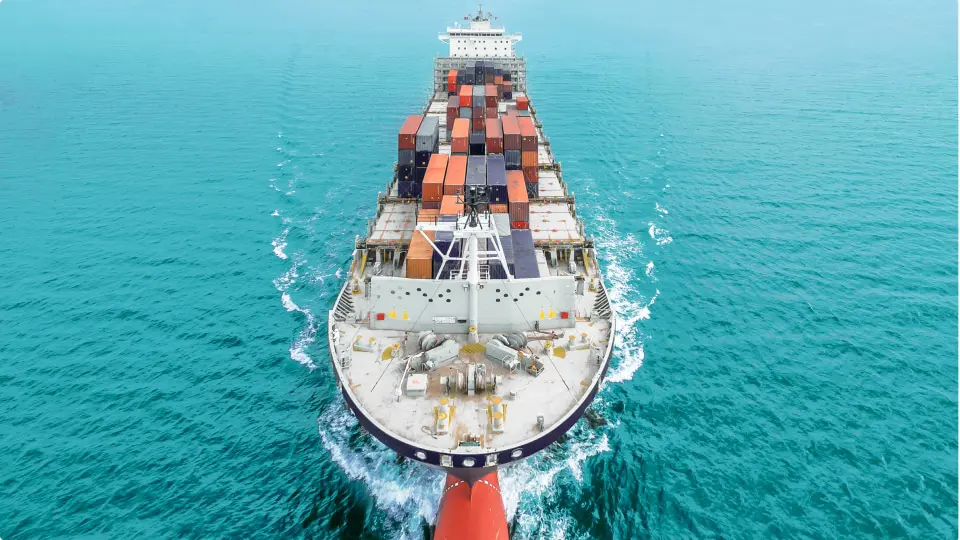What is Ex Works (EXW)?
An Incoterms® rule, applicable to any form or forms of transport (air, ocean, ground, or multimodal), under which a buyer assumes all costs and responsibilities involved with transporting goods from the named place of delivery (typically the seller's factory, warehouse or other distribution center), including loading the goods on the buyer’s collecting vehicle.
This option – when used in a domestic sale – typically has the least risk for the seller/shipper, as the seller does not have the responsibility to manage or pay costs associated with loading and shipment, and instead only has to ensure that the goods are prepared/packaged and available for the buyer to pick up at a designated location once seller has notified buyer that the goods are ready.
EXW is also generally one of the least-expensive options when purchasing products (due to seller’s decreased financial obligations), but it places the greatest burden and risk on the buyer, in particular regarding loading and export clearance.
Buyers are responsible for loading the goods, which may be challenging. The buyer and seller may agree that the seller will be responsible for loading the goods onto the collecting transport vehicle, but that arrangement would be a variant of the Incoterms® rule and responsibility for any damage to the goods if seller loads should be allocated clearly in the contract of sale.
The EXW buyer is also responsible for export clearance from seller’s territory, which may be difficult. In addition, there have been cases where the seller winds up incorrectly being recorded by authorities as the exporter of record, which can cause problems for the seller.
Given the various possible complications, EXW is best used for domestic sales. Where the buyer plans to export goods and anticipates difficulty with export clearance, the Incoterms® rule FCA might be a better choice, since it requires seller to clear the goods for export.
Note:
When an Incoterms® rule is included in a contract of sale, it creates legal obligations for the buyer and seller, which can have costly implications. Therefore, it is important that traders read and understand the precise wording of the Incoterms® rules carefully and choose the rule to include in their sale contract thoughtfully. For additional information and resources on the Incoterms® rules, and to purchase the full text of the Incoterms® 2020 rules, visit the ICC website.
Related Terms
Related FAQs
Why are Incoterms rules necessary?
How many Incoterms rules are there?
What do Incoterms rules cover?
What don't Incoterms rules cover?
What can I do right now to help my business with Incoterms rules?
How do Incoterms rules affect my shipment?






